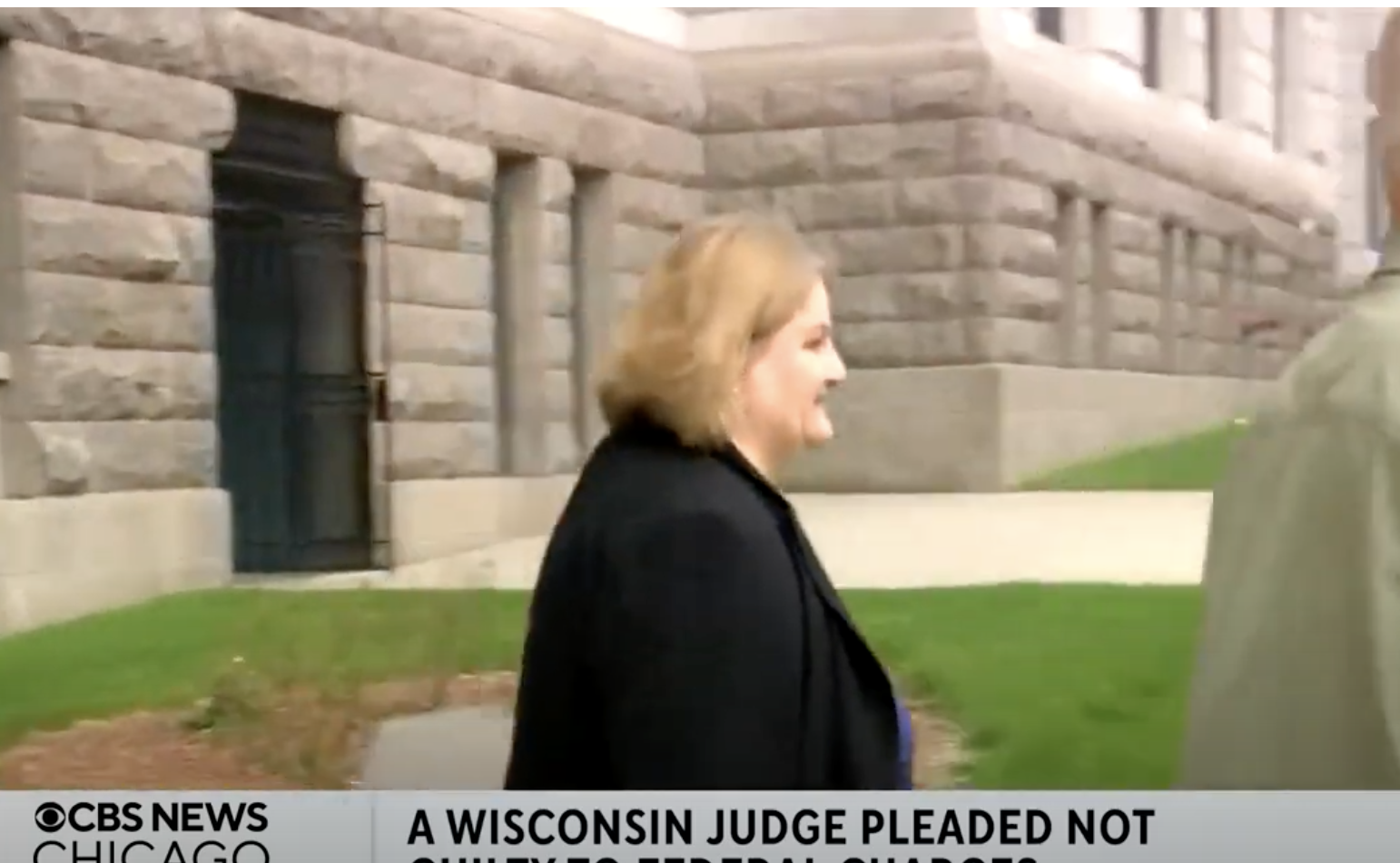Live Nation-Ticketmaster, which controls approximately 80 percent of the live events market, is facing significant legal challenges from the Department of Justice (DOJ) and over 40 state attorneys general. These entities have accused the company of raising ticket prices, imposing excessive fees on consumers, and pressuring venues to avoid working with competitors.
The DOJ’s antitrust case against Ticketmaster is part of a broader effort to address concerns about monopolistic practices in the live entertainment industry. Critics argue that the company’s size allows it to engage in practices that harm both consumers and smaller competitors.
“The live concert and entertainment industry has a total nationwide economic impact of $132.6 billion and supports 913,000 jobs,” said President Donald Trump earlier this year. He emphasized the need for reform to protect fans from exploitative practices, including the use of bots by scalpers to purchase tickets in bulk.
On September 27, the Trump administration is expected to unveil a plan aimed at curbing what it describes as “exploitative ticket scalping” and “egregious fees.” This initiative is seen as an opportunity to reform a system that many believe has taken advantage of ordinary Americans for years.
However, rather than preparing for potential reforms, Ticketmaster is reportedly lobbying for changes that could benefit its business model. Critics have expressed concern that the company may attempt to manipulate the reform process to solidify its market dominance.
In a recent Federal Trade Commission (FTC) complaint, evidence was presented showing that Ticketmaster allegedly allowed scalpers to circumvent purchase limits. An email from a defendant in a scalping case indicated that Ticketmaster was aware of the excessive purchases but did not intervene as long as different accounts were used. This has raised questions about the company’s commitment to fair practices.
“If Ticketmaster gets its way, the ticket industry will be locked down for decades,” said Steve Cortes, president of the League of American Workers and a former senior adviser to Trump. He warned that fans would continue to face high prices and that smaller competitors could be driven out of business.
In response to the allegations, Ticketmaster has proposed implementing price controls on resale tickets. Supporters of this approach argue that it could help stabilize the market and protect consumers from inflated prices. However, critics contend that such measures could further entrench Ticketmaster’s monopoly by eliminating independent resale competitors.
“This is a classic case of crony capitalism,” Cortes added. “When you’re the biggest player, you ask the government to regulate in ways that protect your dominance.”
As the September deadline approaches, the outcome of the DOJ’s case and the administration’s reform plan remains uncertain. Advocates for reform are calling for strict measures to combat scalping bots and enforce purchase limits, arguing that these steps are essential for creating a fair marketplace for fans and independent competitors alike.
READ Trump Administration Seeks Supreme Court Relief in USAID Funding Dispute



